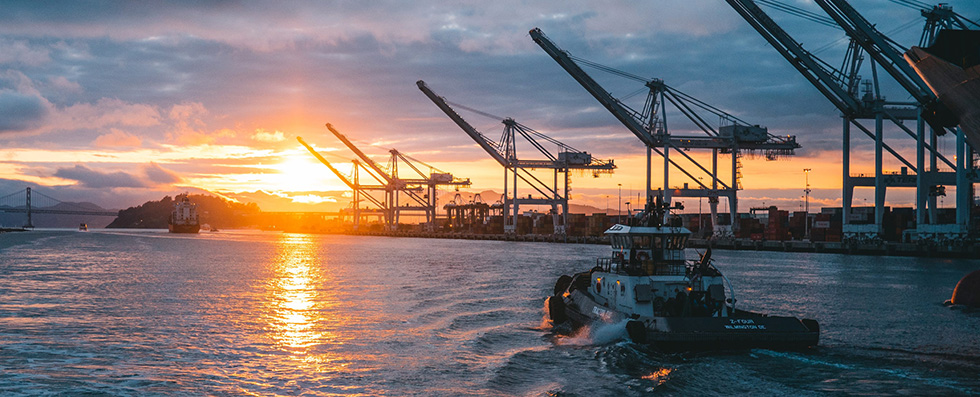Russian Invasion Marks Turning Point For Tight Energy Markets, IEF tells G20
Russia's invasion of Ukraine and the economic sanctions imposed as a result mark an abrupt turning point for energy markets that has profound implications for energy security policies and the global risk environment, according to a senior IEF official.
Speaking at the G20 Energy Transitions Working Group in Indonesia, Christof van Agt, Director of Energy Dialogue of the IEF, said rising geopolitical tensions, coming on top of already tight markets, raise the specter of energy supply disruptions, growing energy poverty and setbacks to the global push to achieve net zero.
"Collective focus on energy security and market stability is urgently needed to mitigate risks and safeguard a sustainable recovery for all," he said.
Energy markets were already tight before Russia's invasion of Ukraine after two consecutive years of underinvestment in upstream oil and gas. Investment levels dropped at the onset of the pandemic and failed to recover even when demand rebounded strongly.

Oil prices have been rising steadily since going negative in 2020, surpassing $130 a barrel in March, their highest level in over a decade.
Europe has refrained from sanctioning Russian energy supplies, but some market participants are "self-sanctioning" for reputational and prudential reasons and shipping rates have spiked as market flows readjust.
Currently data visibility on highly fluid market dynamics is limited. In contrast to OPEC that has left this month's short-term supply growth assessment for Russia unchanged, the IEA has revised its forecast of Russian supply growth down by 1.5 million barrels per day while the US EIA expects Russian output to flat-line. How much actual supply will be removed from the market is unclear.
The IEA has provided 10-point plan to the EU for reducing reliance on Russian oil, gas, and coal supplies by over a third and the European Commission announced plans to make Europe independent from Russian fossil fuels well before 2030, first by reducing gas imports by two-thirds over the short-term.
Europe diversifying away from Russian energy supplies will shift global markets and supply chains at a time when balances and trade links are fragile and infrastructure capacities insufficient or have yet to be developed, Mr van Agt said.

"The challenge to energy security and sustainable recovery is extraordinary. We must avoid unintended consequences and reinforce dialogue, to reaffirm the "common direction of travel" and allow market fundamentals to realign with changing producer-consumer relations that the G20 and IEF are set up for," he told the meeting.
In a statement in October last year, the G20 leaders called on the IEF to facilitate intensive dialogue between energy producers and consumers to bolster the efficiency, transparency and stability of energy markets while countries legislate to achieve net zero carbon emissions by mid-century.
"Neither producers nor consumers benefit from the current situation. G20 economies and IEF producer and consumer countries remain co-dependent on the reliable functioning of densely interconnected energy markets," Mr van Agt said.
More clarity was required in energy policy guidance, he added, to unlock investment for more diverse energy supplies, affordable access, and inclusive development. Temporary and targeted measures to shield consumers or project market power should not add to market distortions or create new barriers to energy investment and trade, he said.







